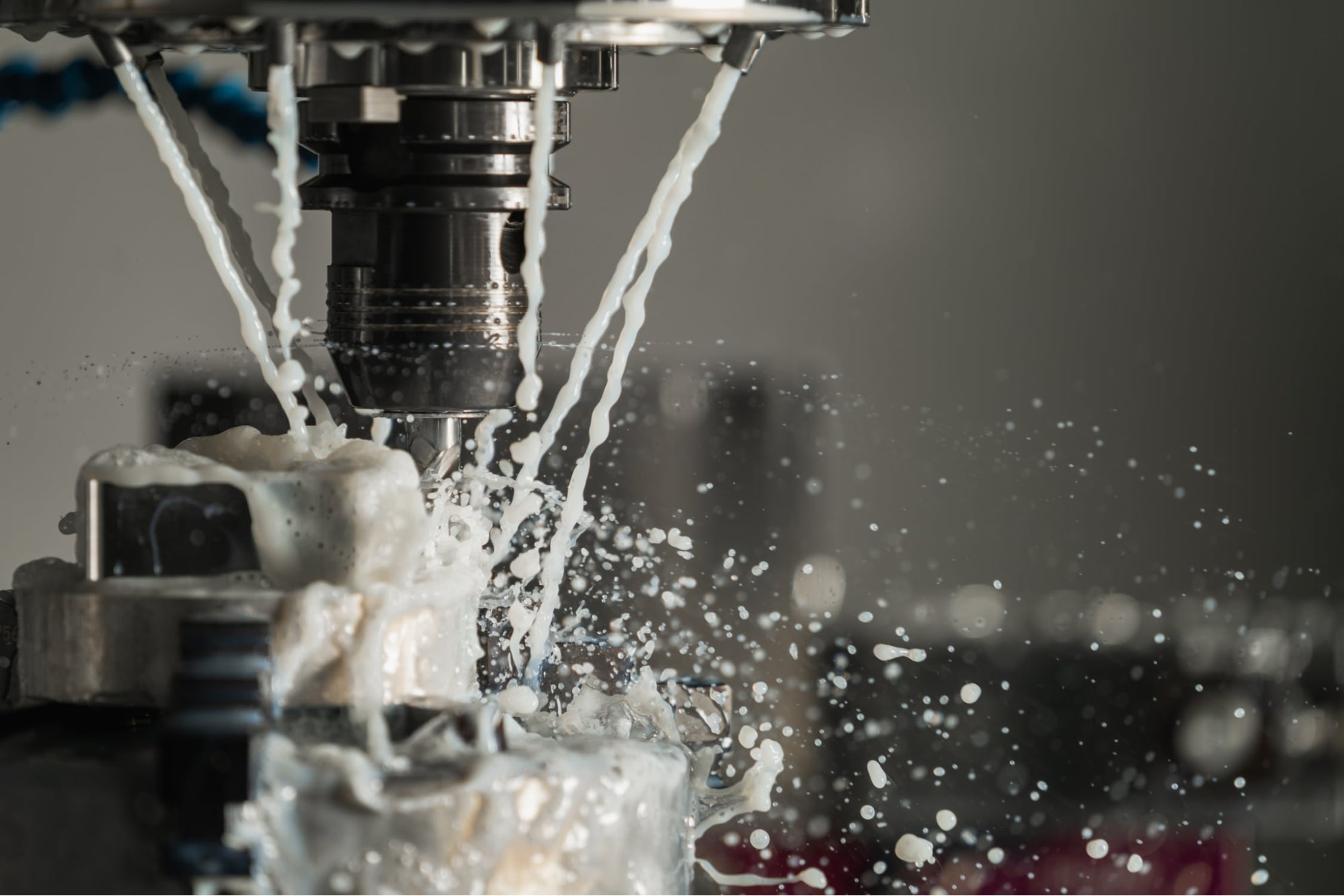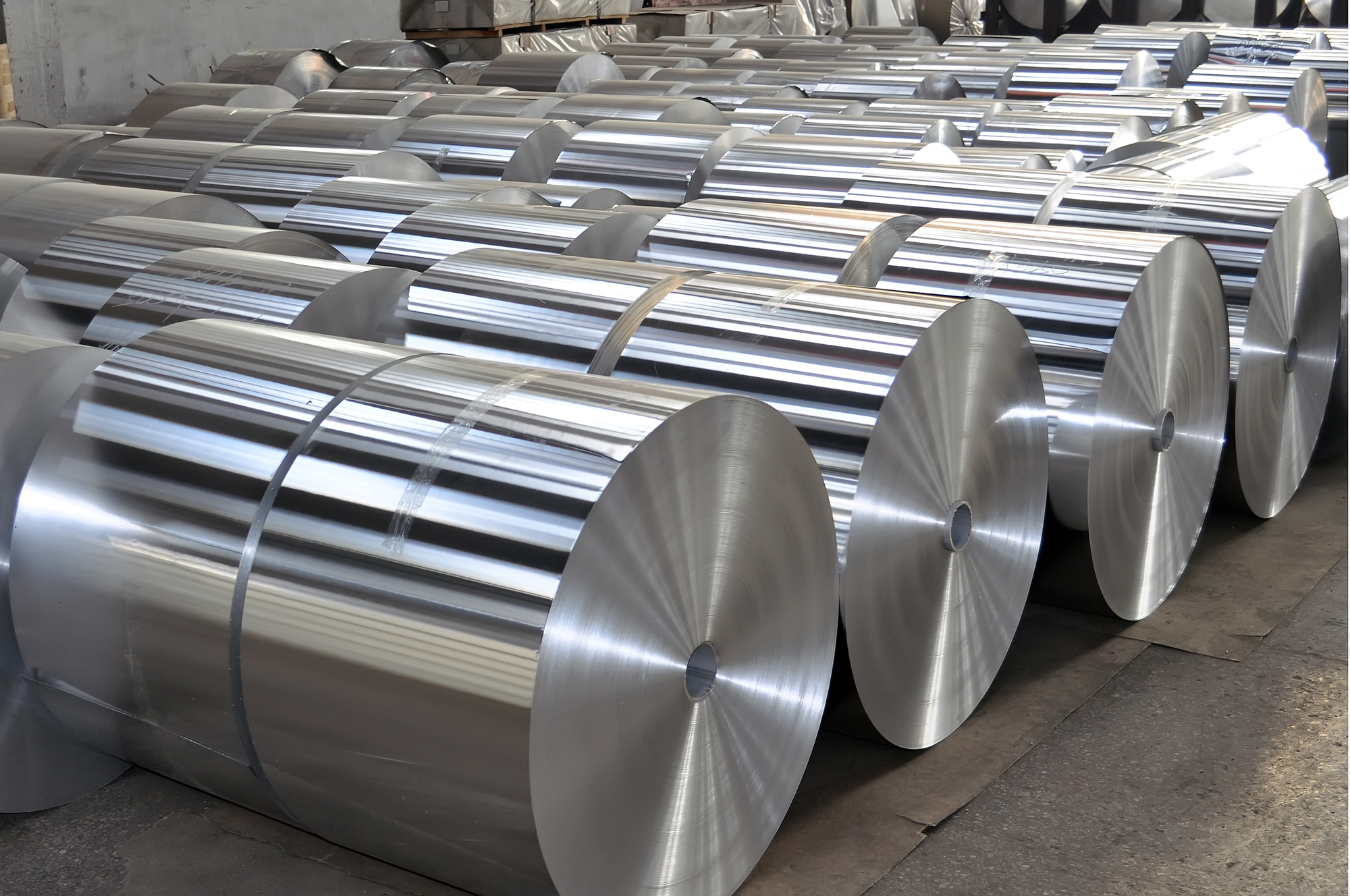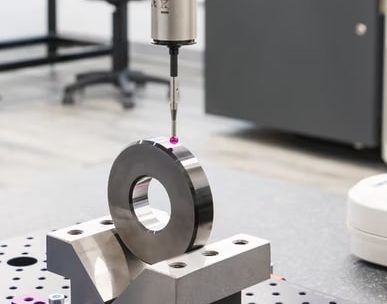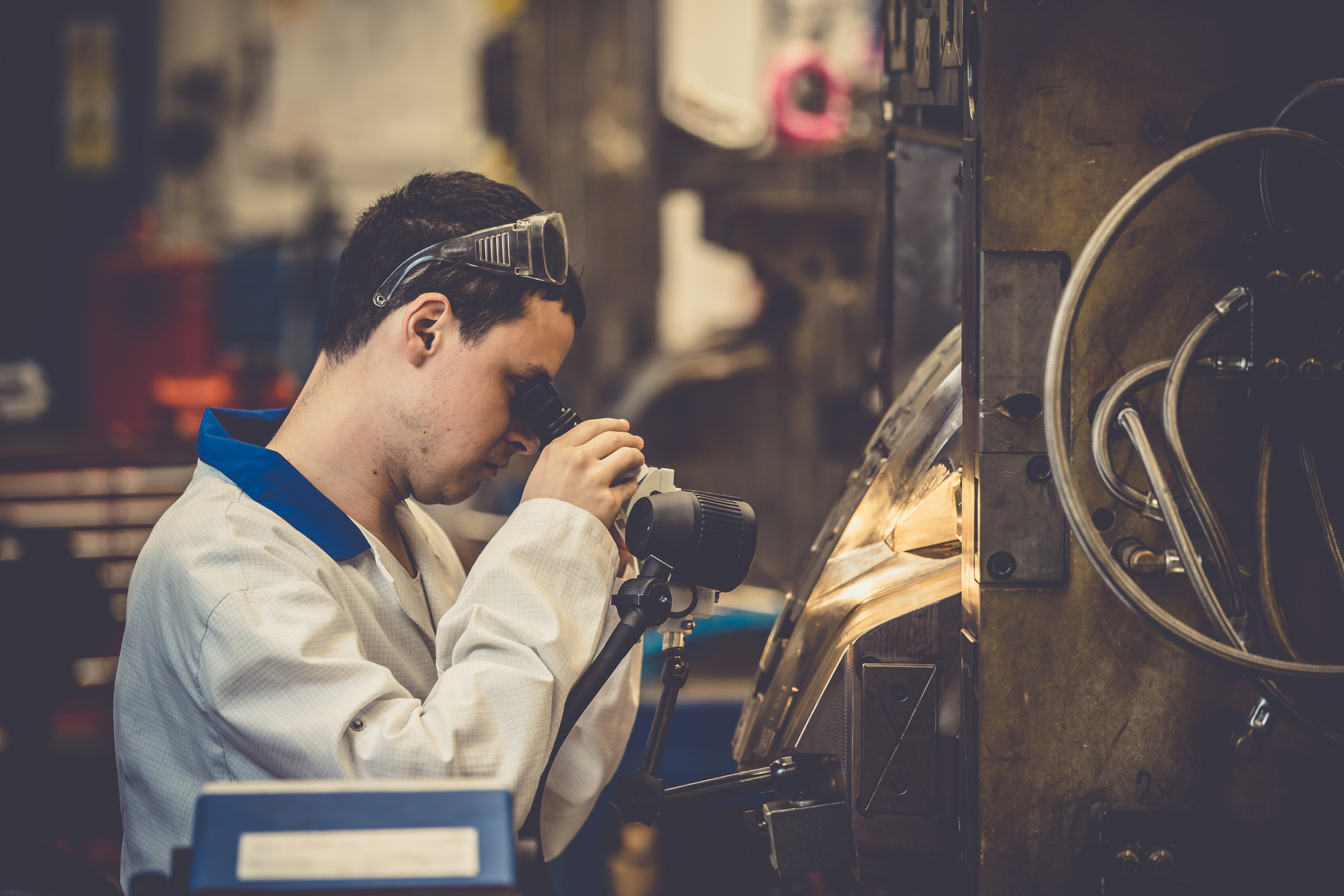CNC machining is an accurate, precise, and affordable method for producing complex parts with strict tolerances. This manufacturing technique is used across many industries to create components for a wide range of end-uses. The requirements for these projects are incredibly varied, and so how much CNC machining costs vary as well.
When you’re choosing a partner to handle your machining needs, it’s important to understand where those prices are coming from. Each project can incur a range of different costs, and the details of that project will have a major impact on how much those costs will be.
We Saved This Medical Device Manufacturer $126,000
Learn how our leaner, more flexible manufacturing processes helped the company reduce costs significantly
” facility guaranteeing quality and speed.
What Factors Can Affect CNC Machining Costs?
There are many factors that affect how much CNC machining will cost for any given part or project. The type of work that any machine shop might handle can vary widely, and that leads to a similar spread in possible prices.
When asking, “how much does CNC machining cost,” the answer depends on the specifics of the job in question.
Labor Costs
Machining takes skilled labor to accomplish, so there’s a machining cost per hour to consider. CNC machining makes it possible to create complex parts without the intensive labor that would have gone into manually producing those parts, but there’s still plenty of work that goes into making it happen.
The amount of labor that goes into each CNC machining project will vary depending on its scale. A significant part of the work that goes into any project is the initial preparation and digitalization.
Taking a design from a CAD file or technical drawing and preparing the instructions for the various types of CNC machines is a task that is carried out by a design expert. For orders of a significant number of parts, this will have less of a relative impact on the machining cost.
Machining Costs

Depending on the complexity of your design, your part could require processing with several types of CNC machines. This can increase machining times, ultimately increasing costs as well.
A given machine shop can have a wide range of machines on its shop floor. These can include:
- CNC milling machines
- CNC routers
- CNC lathes
- Multi-axis mills
An entry-level machine shop will have fewer and less versatile machines than a more advanced shop. They have to purchase these machines from CNC manufacturers, and they can be incredibly expensive.
When a machine shop provides an hourly rate for machining, they need to consider how they’re going to recoup their investment in their machines. This leads to multi-axis machining and other methods that require more expensive equipment costing more for the end customer as well.
Specialized applications or parts with incredibly tight tolerances will cost more because of the higher price of the machine required for that work.
Finishing Costs
Most parts require some type of finishing after machining, and this can contribute to the custom CNC work costs. Finishing techniques can vary widely in their purpose and what goes into them, and those costs shouldn’t be overlooked.
Not all machine shops offer secondary processing, so you should be careful to ensure that any finishing requirements are clearly specified in orders or contracts.
A specific part might require polishing to have a shiny surface, while others could require sandblasting to produce a matte finish. Others might be painted to achieve a particular appearance or to provide corrosion resistance.
There are also more intensive alterations like heat treatment, coating, or plating. These can significantly increase both labor and material costs for the project. If mechanical assembly is required after machining, that will also increase labor costs.
Quality Costs
Different types of parts may require specific quality testing, which can increase labor costs and may require advanced coordinate measuring machines (CMM). These quality requirements could go beyond verifying dimensions and include testing for strength, corrosion resistance, conductivity, and more.
| Call-Out/Tip
Sensitive sectors like aerospace and defense also require compliance with regulations such as International Traffic in Arms Regulations (ITAR). These require additional physical checks and information separation measures, which can add to costs. |
Material Costs

The cost of your machined parts will be significantly impacted by the price of the specific material being used. The type of metal being used will depend on the end use of the machined part. Aluminum, brass, copper, steel, and titanium all see use and can vary widely in their prices.
There are also alloys of each of these materials for specific purposes, such as aerospace-grade aluminum alloys.
The type of material can have a major impact on the overall cost of CNC milling. Various steel alloys are among the most affordable, with stainless steel increasing that price. Aluminum can be an inexpensive material as well, although certain alloys can be more expensive.
Brass is generally more expensive than basic steel alloys but provides excellent corrosion resistance. Titanium or specialized alloys like Hastelloy can drastically increase overall costs and are typically reserved for very specific uses where other options simply won’t work.
How Much Does CNC Machining Cost for My Project?

CNC machining costs largely depend on the labor, material, and equipment that go into any given job. But what exactly does that mean for your project? These are some of the key factors about any project that can impact its final cost.
Volume
One of the most significant factors in determining CNC milling costs is the volume of the order. As the number of parts ordered increases, the cost per part of expensive items like design and preparation becomes less.
At one end of the spectrum is rapid prototyping. Significant design and preparation go into manufacturing a very small lot of parts, possibly even just one. This means there’s a high cost per part compared to larger runs.
At a production scale, these costs are significantly lower. There is still the cost of materials and labor, but design and preparation have already been completed. High volumes mean lower machining costs per part.
Complexity
The complexity of your parts will be a major factor in determining the machining cost. Complex parts may require machining on multiple machines, they can complicate the design and preparation process, and they may need additional quality control.
This includes both complex geometries and complex finishing requirements. Parts that require heat treatment, coating, or surface finishing all require increased labor and machining time.
Keep CNC Machining Costs in Check With an Expert Partner

Choosing the right shop is vital to the success of your project, and CNC machining costs are just one part of the bigger picture.
Moseys provides high-quality precision parts for a wide range of industries here in Southern California. We’ve been doing so since 1975 and are proud to say that we maintain 99.4% quality-to-customer. When you choose Moseys for your project, you’re getting a real partner to handle everything you need.
Our team has the experience, skill, and equipment to provide high-quality results for production or prototyping. We’re a full-service machine shop that offers a wide range of finishing and additional options as well.
You can even take advantage of our virtually managed inventory and consignment to let us handle inventory for you. You’ll only pay for your finished projects once they’re needed.
Contact us today to find out how Moseys can meet your unique CNC machining needs.